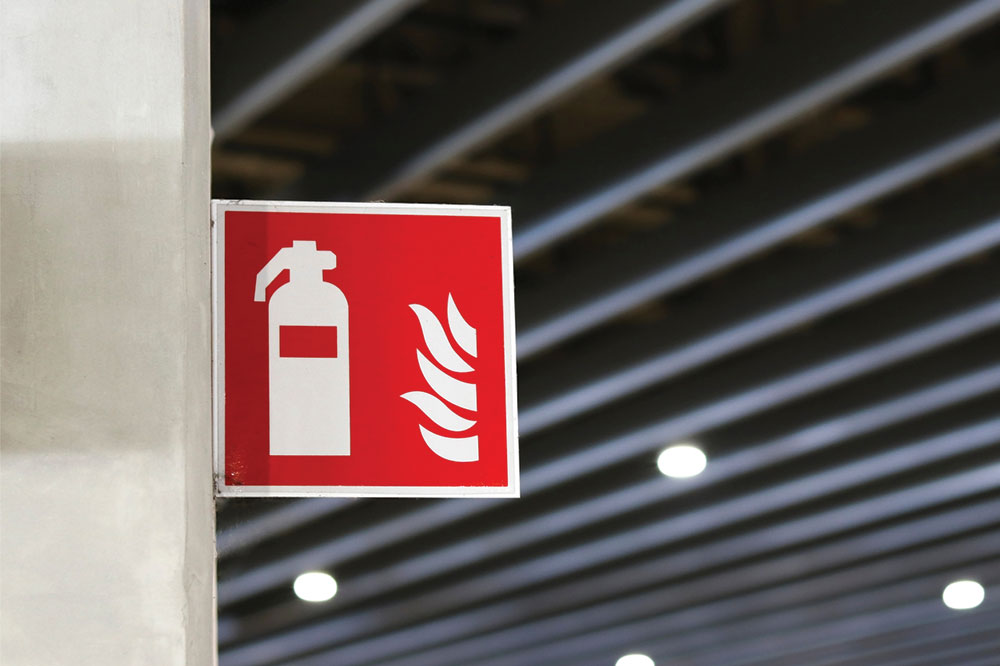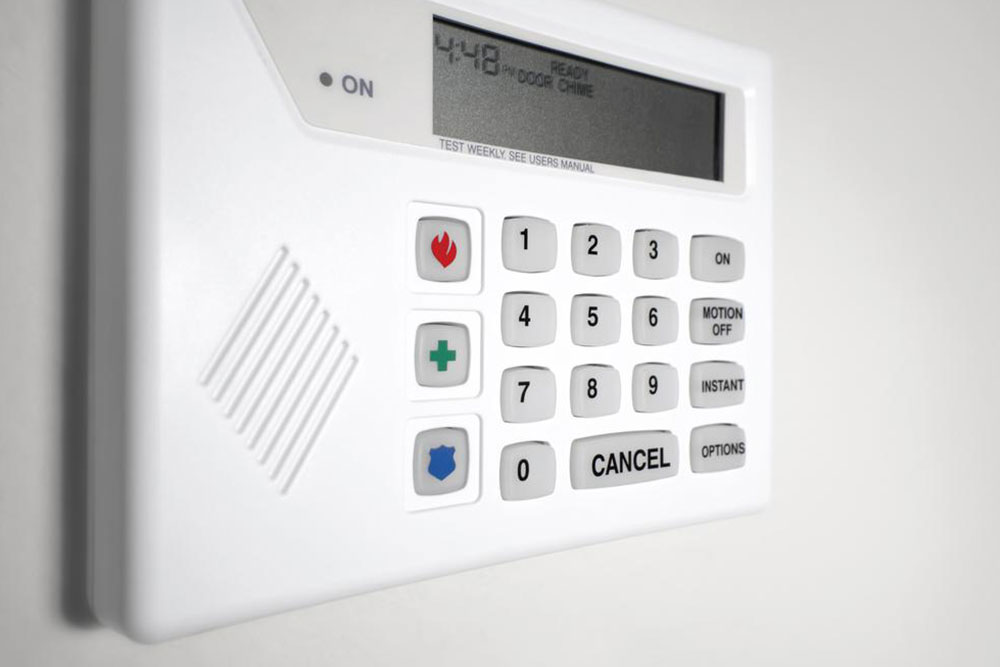Types of safety and security signs
A safety or security sign is a graphical representation of hazards and mandatory behavior/actions to avoid them. You would have come across several types of these signs at your workplace, restaurant, shopping mall, or any other public place. Not all signs are made the same; each one has a particular purpose and conveys a specific message. This article lists some of the common types of safety and security signs.
- Prohibition signs
As the name suggests, these signs are used to prohibit people from doing something or entering a particular area.

In most cases, these signs constitute a red circle with a diagonal line through it. The “No Smoking” sign is one of the most common examples of a prohibition sign. Emergency signs
These safety and security signs come in handy during an emergency as they indicate emergency exits, escape routes, first aid equipment, or other safety equipment. Under a situation like a fire in a building, residents can find their way to emergency-related facilities or evacuate the area using fire exits and fire doors with the help of these signs. Danger signs
In certain industrial areas, not taking proper precautions can lead to life-threatening repercussions. Danger signs are used to represent potentially hazardous areas or conditions. The “RESTRICTED AREA” and “HIGH VOLTAGE” signs are some of the most commonly used danger signs that keep people away from potential hazards and prevent mishaps. Notice signs
These safety and security signs mandate a particular behavior and are generally blue in color, with the text/symbol mentioned in a white foreground. They can be used to deter theft and inform workers of the policies at a construction site, communicate product safety information, or inform people that they are subject to a security check before entering the premises, among other things. Warning signs
Warning signs are used in cases where a hazardous condition can be dangerous but not life-threatening. They are represented mostly with yellow color and a hazard symbol, or they may come with an orange rectangle and black letters on it. They can be used to warn people of high voltage areas, electrical hazards, or risks at construction sites. These safety signs are also used to indicate hazards that can lead to health complications.
These safety and security signs come in handy during an emergency as they indicate emergency exits, escape routes, first aid equipment, or other safety equipment. Under a situation like a fire in a building, residents can find their way to emergency-related facilities or evacuate the area using fire exits and fire doors with the help of these signs.
In certain industrial areas, not taking proper precautions can lead to life-threatening repercussions. Danger signs are used to represent potentially hazardous areas or conditions. The “RESTRICTED AREA” and “HIGH VOLTAGE” signs are some of the most commonly used danger signs that keep people away from potential hazards and prevent mishaps.
These safety and security signs mandate a particular behavior and are generally blue in color, with the text/symbol mentioned in a white foreground. They can be used to deter theft and inform workers of the policies at a construction site, communicate product safety information, or inform people that they are subject to a security check before entering the premises, among other things.
Warning signs are used in cases where a hazardous condition can be dangerous but not life-threatening. They are represented mostly with yellow color and a hazard symbol, or they may come with an orange rectangle and black letters on it. They can be used to warn people of high voltage areas, electrical hazards, or risks at construction sites. These safety signs are also used to indicate hazards that can lead to health complications.
You can also get customized safety and security signs designed for your workplace, but ensure that the message is concise and clear, install it correctly for effective communication, and ensure that the employees understand what a symbol means.
Disclaimer:
The content provided on our blog site traverses numerous categories, offering readers valuable and practical information. Readers can use the editorial team’s research and data to gain more insights into their topics of interest. However, they are requested not to treat the articles as conclusive. The website team cannot be held responsible for differences in data or inaccuracies found across other platforms. Please also note that the site might also miss out on various schemes and offers available that the readers may find more beneficial than the ones we cover.




